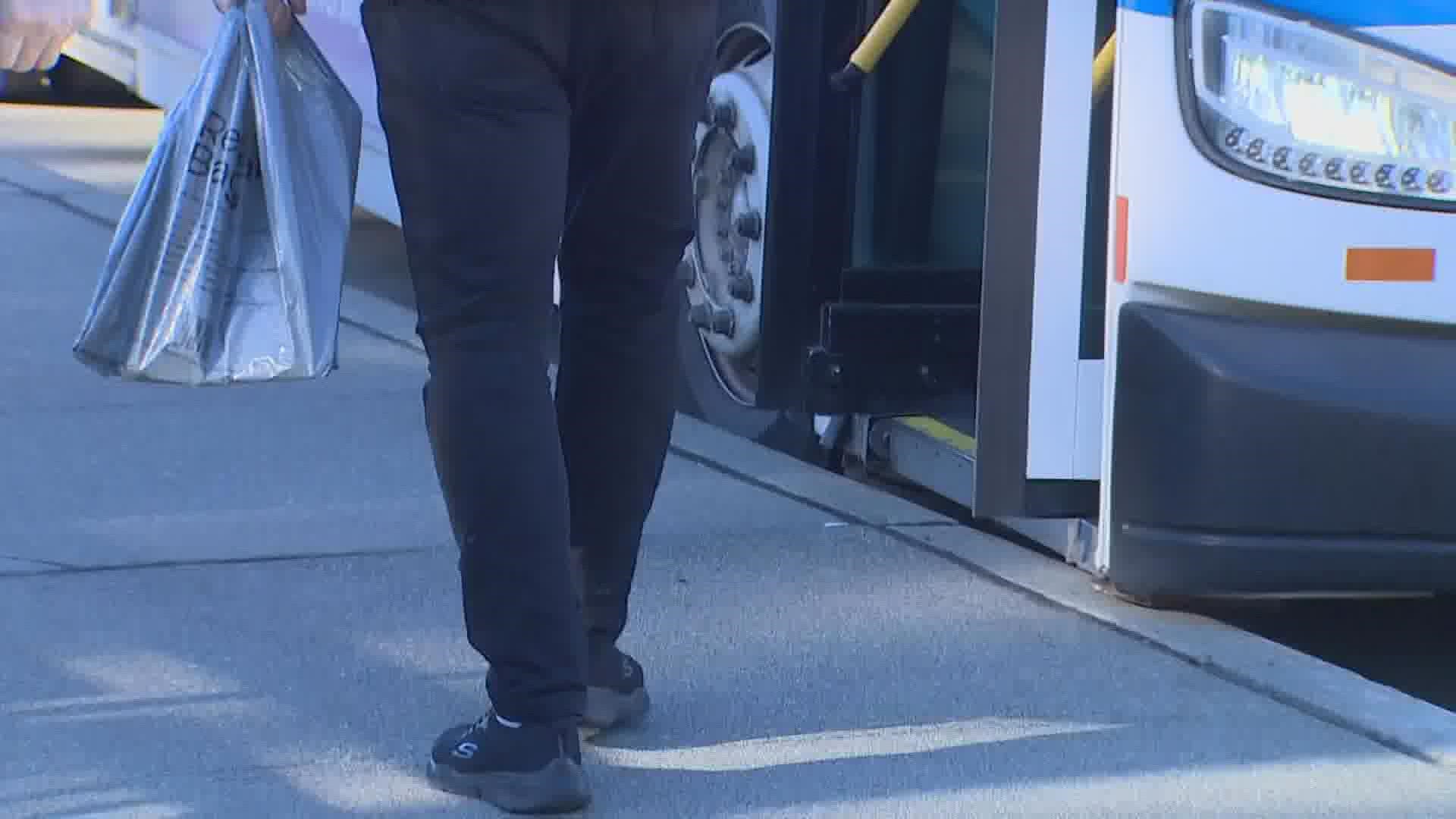SNOHOMISH COUNTY, Wash — A case concerning whether or not police are allowed to stop bus or train passengers and ask for proof of fare is heading to the Washington state Supreme Court.
The case resulted from a 2018 incident where a Snohomish County man on a Community Transit bus was asked for proof of payment by police during a routine check.
Because he had been stopped and technically "seized" by police his attorney says it violated his right against illegal search and seizure.
"[Paying a fare] is part of riding the bus. It's something everyone who rides the bus knows," said attorney Nathan Sugg, who represents Snohomish County.
Attorney Tobin Klusty, representing the other side, argues it's no different than driving a car.
"Law enforcement can request proof of registration from anybody who is operating a vehicle on the roadway, but what he cannot do is pull somebody over just to check if they have proof of registration," Klusty said.
The case comes down to a matter of consent.
Attorneys for Snohomish County argue consent is given as soon as you get on that bus or train.
"If you get on transit and you know an officer may come through and ask you for proof of payment you have consented to that conversation," said Sugg.
Lower courts have sided with the County on several occasions but the case is now going to the state Supreme Court.
If the court rules for the passenger it could mean no one riding busses or the light rail could be asked for proof of payment, which could result in millions of dollars in lost fare for the transit system.
"If the defense's arguments were to prevail there would be huge ramifications here, and transit authorities would have to decide how they're going to make back that money," said Sugg.
The court is expected to hear the case on Feb. 17 in an attempt to balance what's "fair" when it comes to protecting personal privacy and public transportation.
"I just think it's really important that we recognize what's at stake in this case," said Klusty, "particularly the effects it could have on the community."

